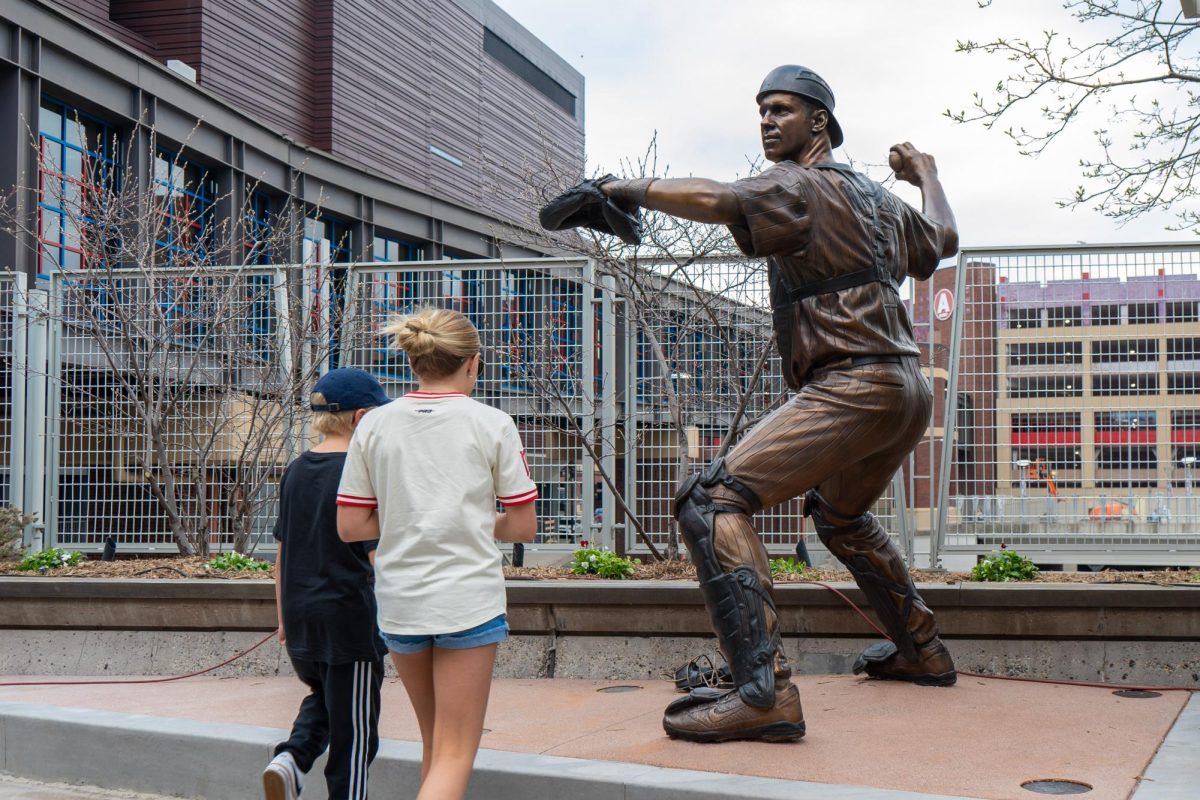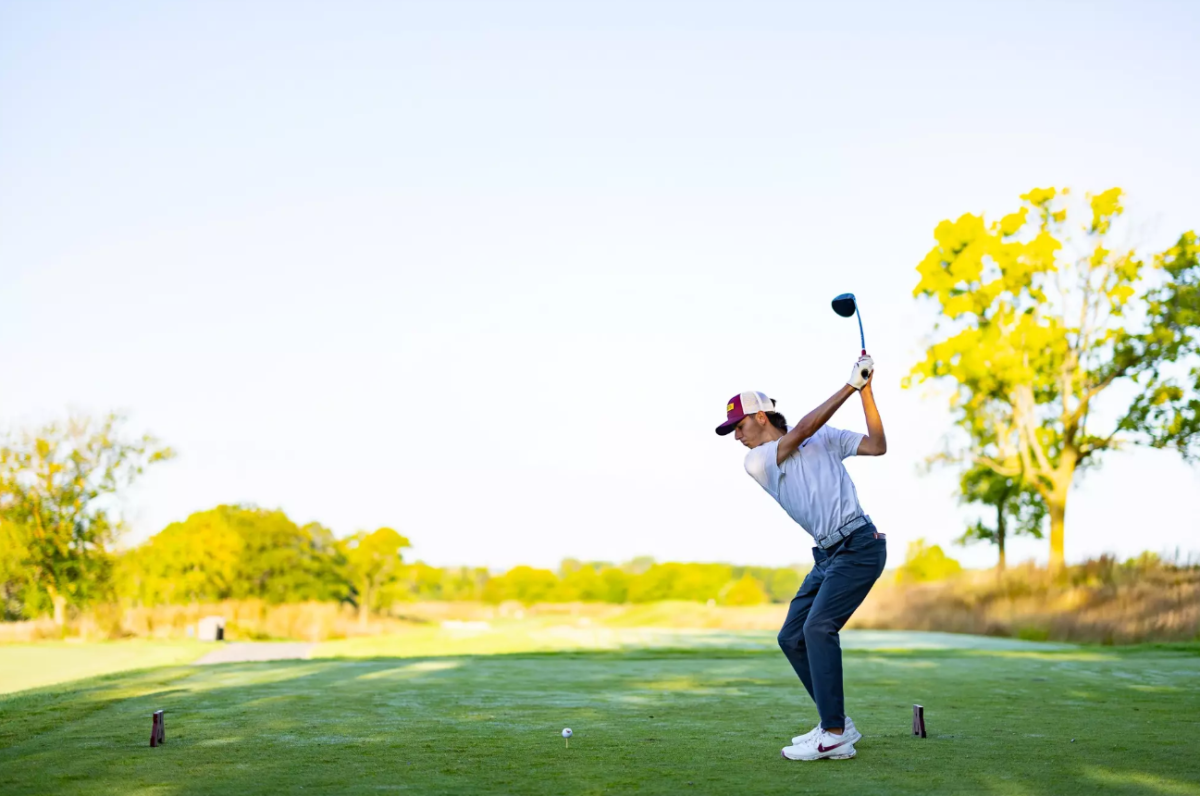While fall sports are scheduled to begin in a little over two months, much uncertainty still remains as to what the upcoming season will look like for programs across the nation. As student-athletes return to campus, schools intend to start the season on time, despite numerous players testing positive for COVID-19 at several universities.
Even if fall sports proceed as usual, the question remains whether fans will be able to attend events. University of Minnesota athletics director Mark Coyle has stated that his department is still gathering information as to whether stadiums will open to spectators in the upcoming season.
“I think people are pausing a bit on whether or not you would play without fans,” Coyle said. “Ultimately, we need to get the input and advice from medical personnel on what we can or cannot do.”
In May, Gophers’ athletics announced policies it would put in place for season ticket holders in the event that sporting events are not played in front of spectators. If games are canceled or played behind closed doors, season ticket holders will have the option to convert the order to a charitable donation to the Golden Gopher Fund, apply the 2020-21 season tickets to the same sport in the 2021-22 season or request a full refund.
“There are still so many scenarios at play. For us, it’s about how can we create flexibility,” said Mike Wierzbicki, Gophers’ associate athletics director in charge of external affairs. “We certainly hope we are playing a normal schedule and we have fans in the stands, but we understand that might be unrealistic at this time.”
Wierzbicki emphasized the importance of keeping an open dialogue with fans during the pandemic, making sure ticket holders are informed about what decisions the athletics department is making and keeping the best interests of fans in mind.
The pandemic has reiterated the importance of open communication between the athletics department and fans; something the department has emphasized under Coyle when the Fan Advisory Board was established in 2017. Ben Fagerlie, a member of the board over the past two years, recalled a recent meeting between the board and the athletics department.
“Hearing from them the thought process about not only economically what the challenges would be but also looking out for the student-athletes, it was refreshing to know they had taken that into account,” Fagerlie said. “But also, they polled us too in terms of what are we comfortable with, when would we be comfortable going back and what would that need to look like.”
According to Fagerlie, the board has allowed the athletics department to become more receptive to fan input. As a long-time fan and season ticket holder for multiple sports, Fagerlie said he had previously felt frustrated with the lack of transparency from the department, but that has changed in recent years.
Now during the pandemic, he says he’s been satisfied with the athletics department’s response and appreciates its flexibility. Furthermore, he has noticed a greater effort from the department to engage with fans.
“They’ve been thinking outside of the box,” Fagerlie said. “Whether it has been the replays of the games through their Facebook page, or coloring pages for kids or virtual puzzles people can work on together. I get the sense they are trying to think outside the box on how to keep fans engaged even if they can’t be in stadiums or arenas.”
The increased effort to engage with fans through social media coincides with what Wierzbicki describes as a heightened interest from fans in Gophers’ athletics. Much of the credit, he said, can be attributed to the football team’s historic 11-2 season in 2019.
Due to the success of the football program, Wierzbicki noted that ticket sales for the upcoming season have reached levels the department has not previously seen. Despite the pandemic, sales have spiked comparative to years past.
“We have been on record pace,” Wierzbicki said. “That started to slow down a little bit when we hit February but we expect when Sept. 3 rolls around for opening night, we will have sold more new season tickets this year than we have in any year past.”
In any other year, early sales numbers would be great news for the athletics department. Although it signals a positive trend in terms of fan interest, it creates an added challenge this season.
In the event that games are played in front of partially filled stadiums to allow for safer distancing between fans, the department must determine which ticket holders may attend. The athletics department is already considering the scenario and has created several models to help them prepare for such a decision.
Still months from the beginning of football season, the athletics department is gathering information and working toward finding solutions for different groups of ticket holders. For instance, sales have not yet opened for student tickets.
“When we do come out and put [student] tickets on sale, we will have options available,” Wierzbicki said. “Hopefully before we put student tickets on sale, we will be in a good spot of understanding what the season will look like, if there are changes in capacity, to make that as simple and efficient on students as possible.”
Ultimately, time will tell how many fans will choose to attend sporting events if given the choice. Fagerlie, who acknowledged he’s eager to see the Gophers play live, said his biggest concern is the well-being of those around him.
“I would love to go to a game in September or October and have a full stadium,” Fagerlie said. “Realistically, if that’s going to put other fans at risk or family members of mine at risk, that is something I will have to consider.”







